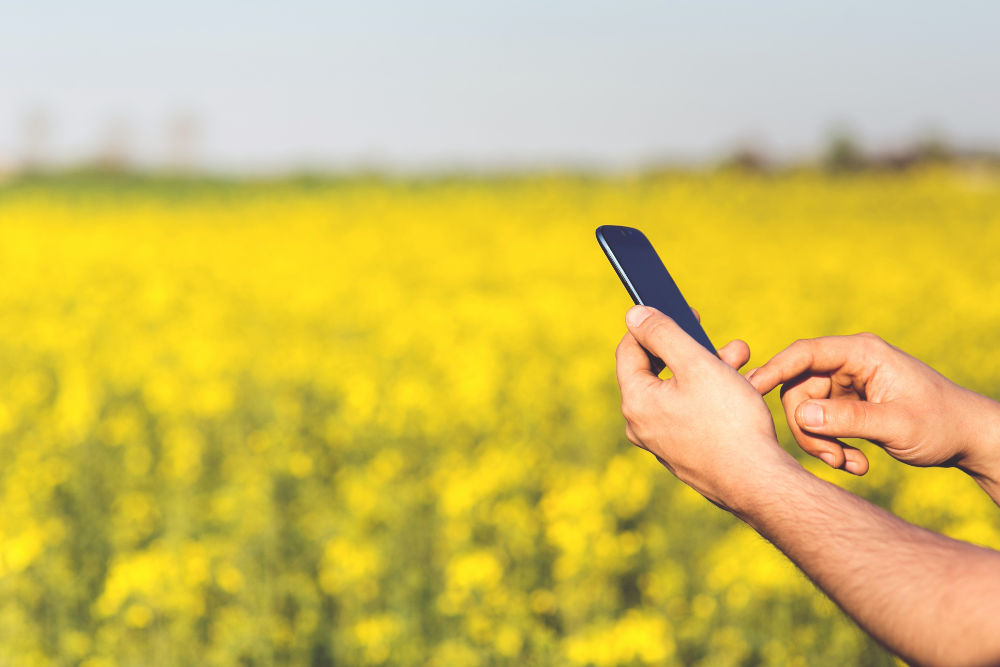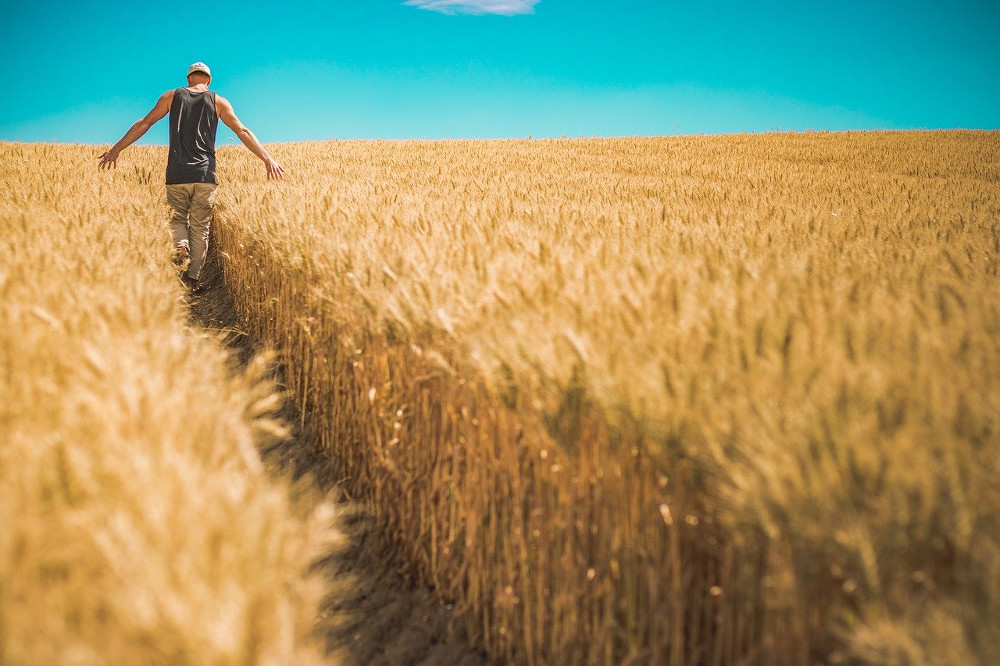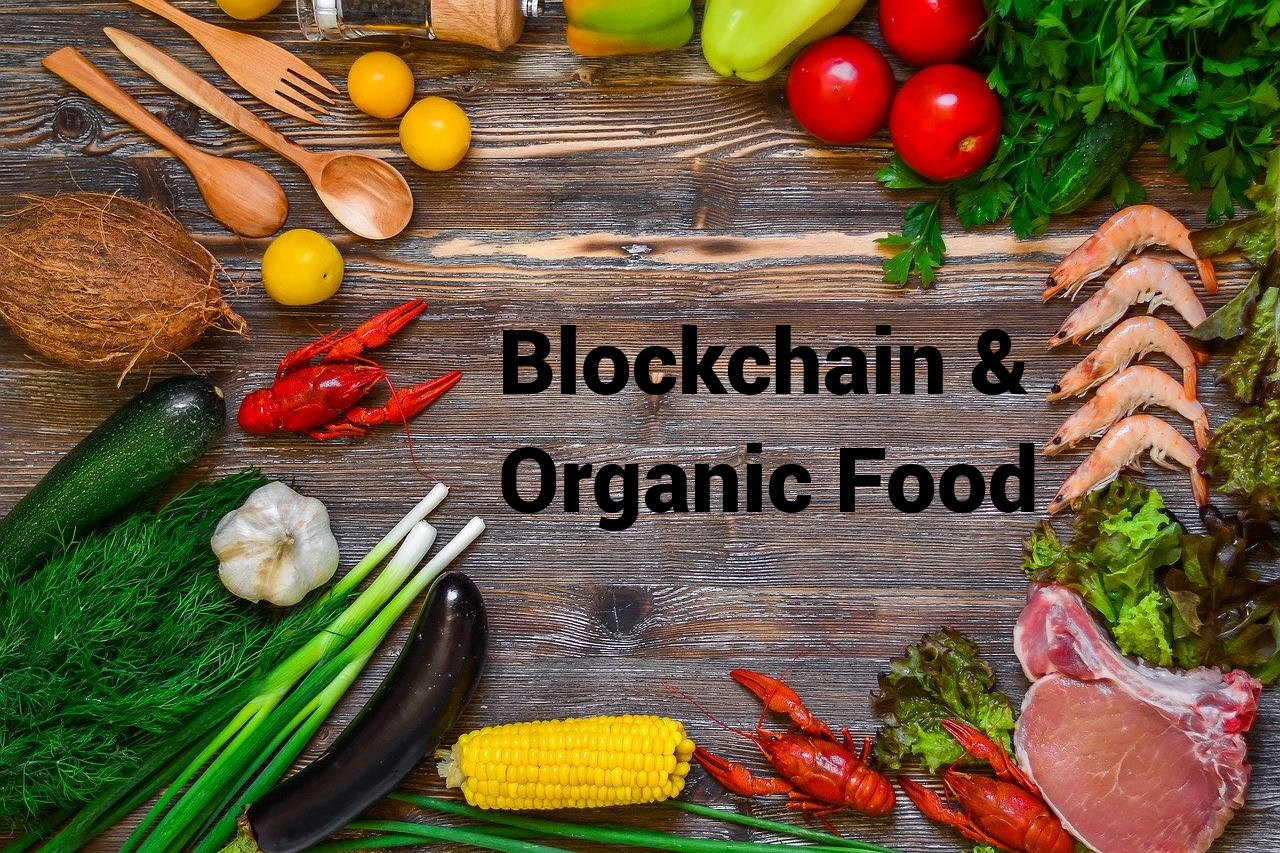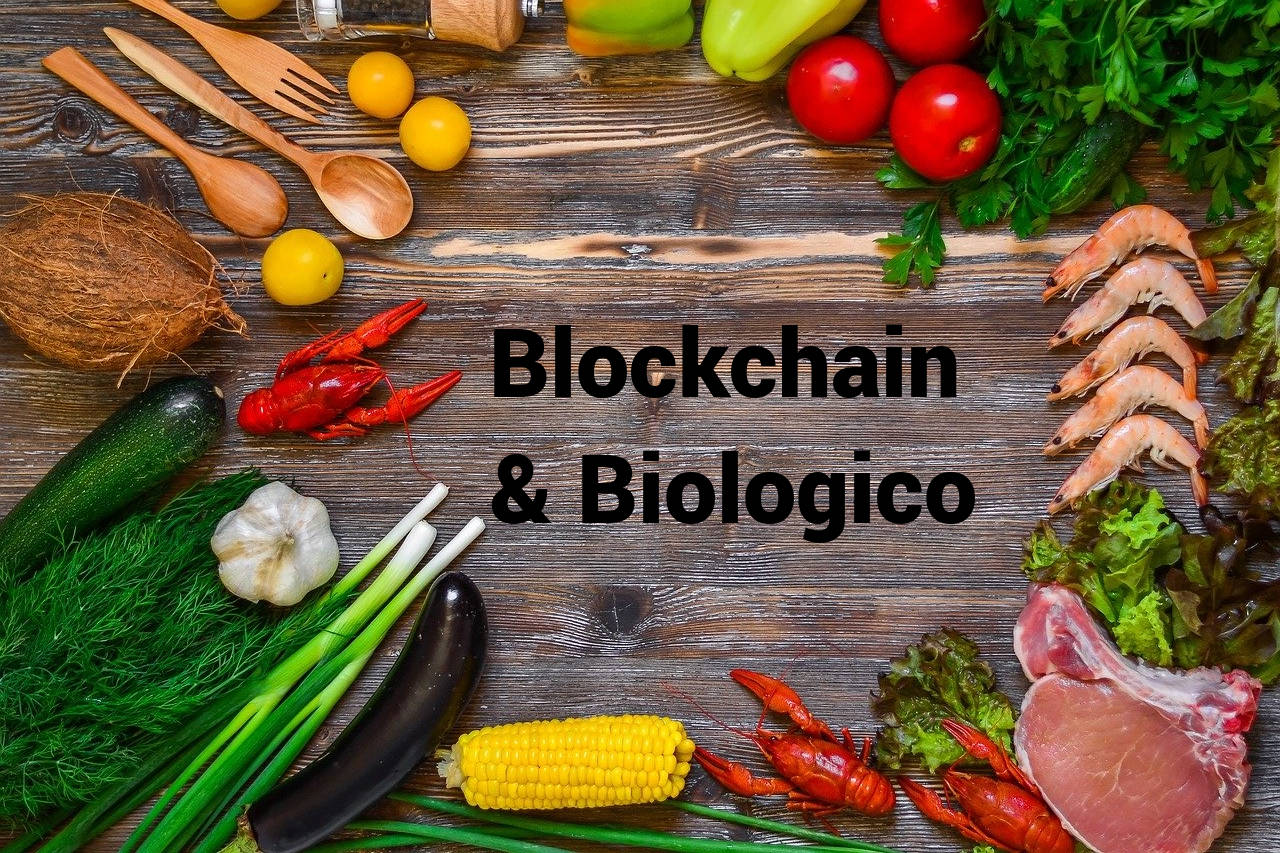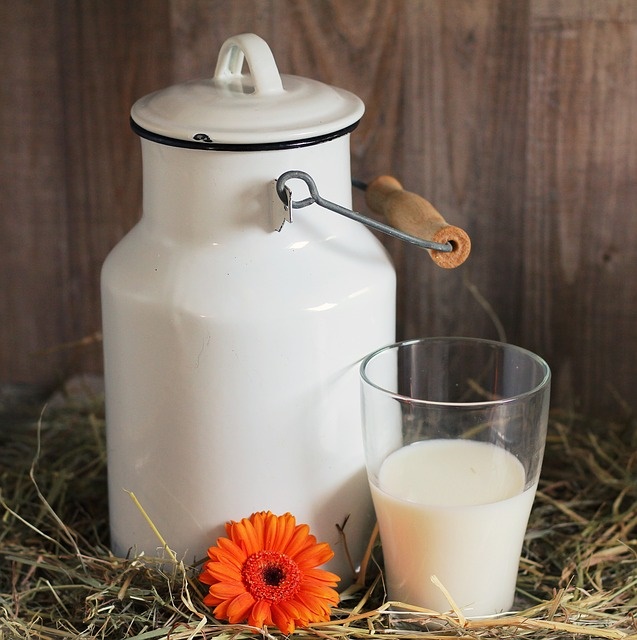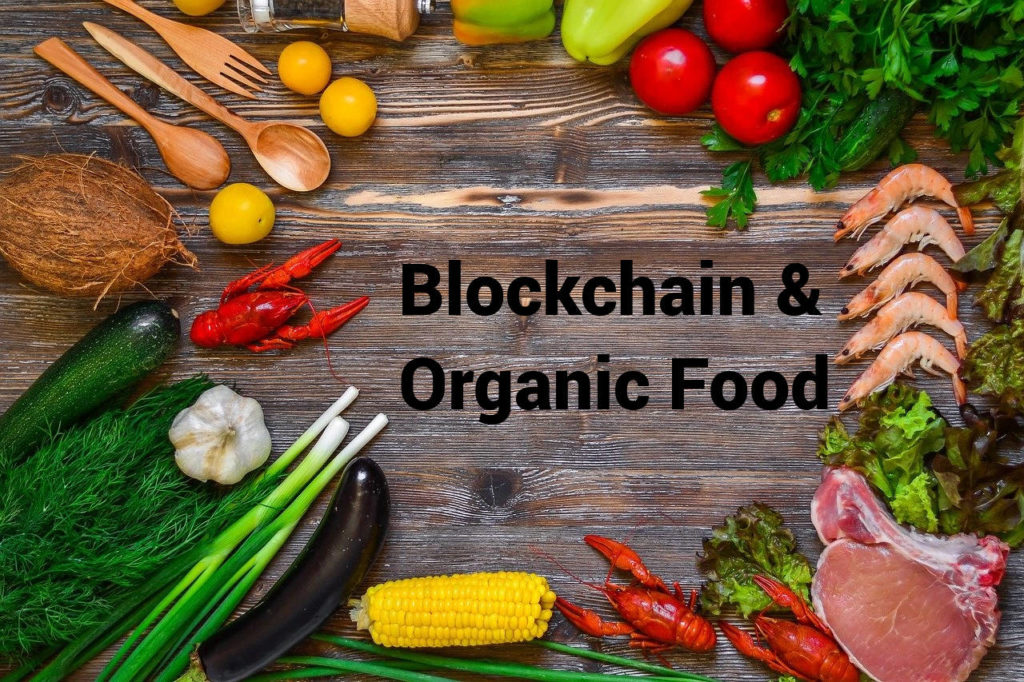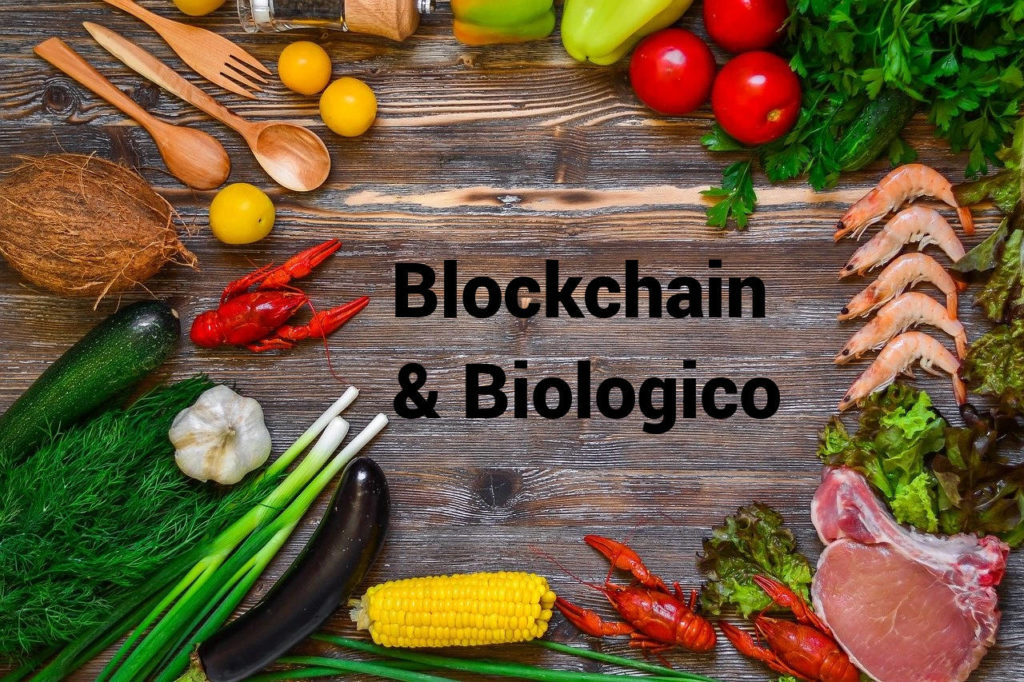Traceability
of the agri-food chain
complete, incorruptible … real!
This is what the blockchain can do for the agri-food chain. Not just for big names in the industry, even for small producers.
How the blockchain works
The blockchain is perfect where there is a transaction between two subjects. The blockchain records and encrypts every transaction so that it can not be changed anymore. The registration of the follow-on transaction links to the previous one and so on.
The peculiarity is that not a single subject owns the data. The parties that contribute to forming the supply chain share them.
The data is there for everyone and therefore everyone can verify them. Also the final consumer can access it within the limits of simple viewing.
This system then allows you to create databases of records and shared them into a decentralized peer-to-peer network.
Traceability is complete and transparent.
The advantages of the blockchain for supply chain of the agri-food sector
1 – Blockchain can become an important marketing lever. Slogan such as “100% Italian”, “made only with …” are stronger if you can demonstrate what is being said. A transparent supply chain makes it possible to make known the whole true history of the product.
The peculiarities of the production area, of the working methods, of the craftsmanship or of the raw materials used can become the subject of real differentiation in the market.
Those who propose excellence have every interest in renewing consumer confidence, today more disenchanted. Why pay more for a premium product, in fact, if you are not sure of the real quality?
The blockchain can help to create a new culture of conscious consumption and reward true excellence.
2 – The blockchain protects the product from counterfeits. Each registration along the supply chain is permanent and can not be changed. Traceability can therefore really guarantee the authenticity of the product. Adopting the appropriate blockchain application, all this can be brought under the eyes of the consumer in a few seconds.
Not only. The blockchain technology allows the manufacturer to protect his good name and the consumer, keeping control of the product until the sale.
3 – Blockchain also improves safety in the food sector. In fact, in case of necessity, it is possible to aim the recall of the products.
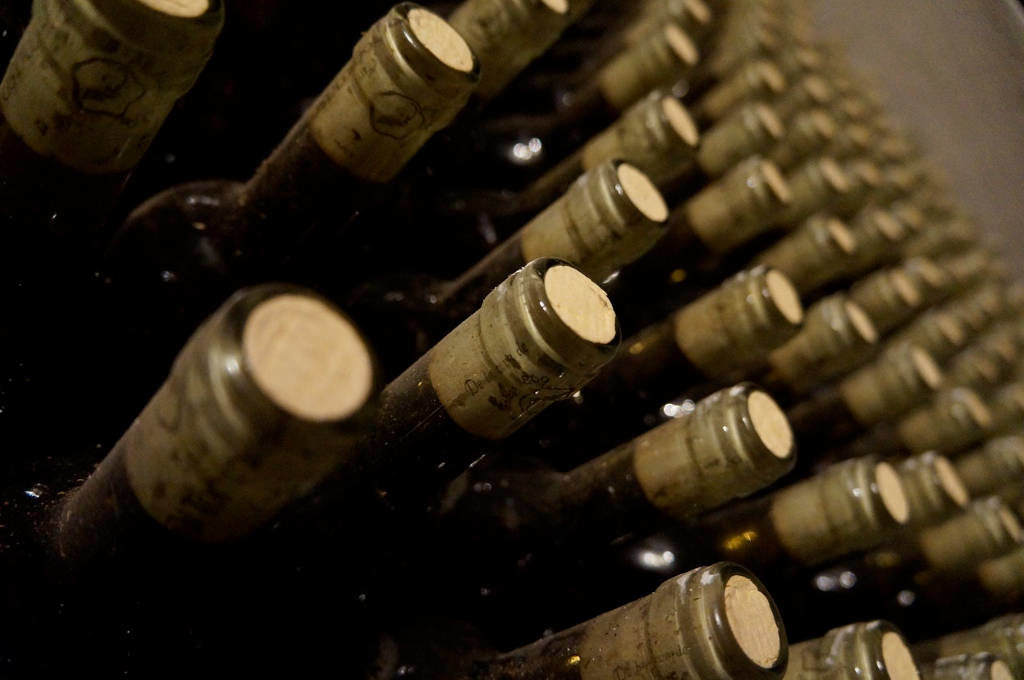
Example of practical application of the Blockchain to the agri-food chain
A medium-sized winery is distinguished by a production of excellence, in particular DOC red wines. The market price is high due to the care and selection made during the year to obtain a wine that expresses the maximum of the typical characteristics of the vine.
Through the blockchain, the producer can know at any time where his wine is found, once he enters the sales network. In the same way (even if with restrictions appropriate to its role), the consumer can also have access to the bottle chain that he intends to buy and verify its authenticity.
The choice of the consumer to buy the bottle is based on the awareness that the price is worth the renowned quality of the producer. The traceability of supply chain on blockchain technology guarantees that value.
Other examples come from big American and European retail stores.

